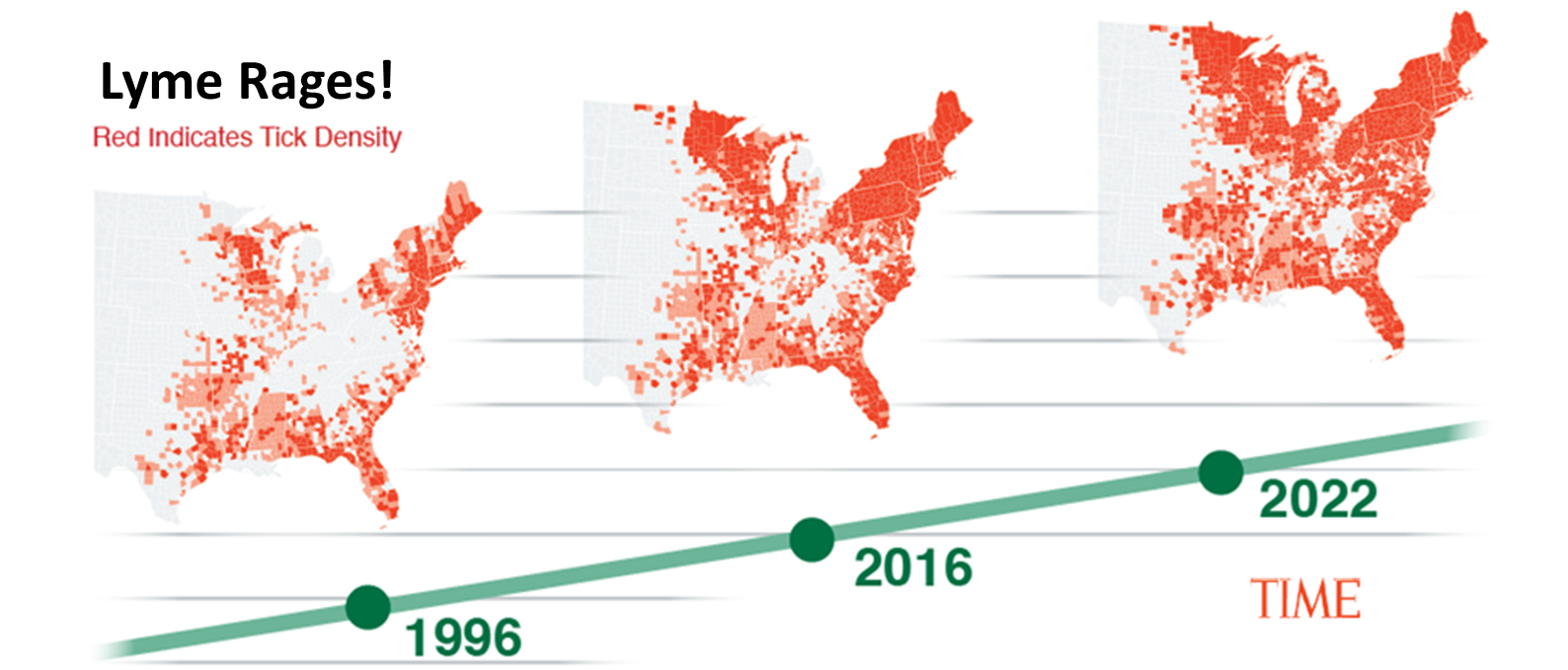GUEST POST: ESG RATING AGENCIES – What Investment Managers Need to Know

As COP 27 is wrapping up in Egypt, and we are reminded of our responsibility to take urgent climate action, many investment managers are looking for ways to align their portfolios with the goals of the Paris Agreement. COP 27 was expected to demonstrate that nations are in a new era of implementation by turning their commitments under the Paris Agreement into action. Unfortunately, traditional financial analysis only sometimes provides a clear view of how a company impacts the environment. This is where sustainability ratings come in.
Whether an investor or an investment manager, you need to know about ESG rating agencies. These organizations evaluate and rate companies on their environmental, social, and governance practices. But with the shifting landscape around sustainability, it could be clearer cut. But if you keep reading, we will help you gain some perspective in this rapidly growing field.
First, ESG rating agencies are responsible for providing data to investors about how a company is performing in three key areas. They consider a company’s environmental impact, its treatment of employees, and its ethical practices. To come up with these scores, they extensively research a company’s operations and consider its environmental policies, labor rights record, and community engagement programs. If you missed it, we dove into ESG Investing 101 in an article a few weeks ago.
However, it is essential to remember that different agencies use different methodologies, so the score they give to one company might not be the same as the score they give to another. Therefore, it can be helpful to diversify your investment portfolio and include companies from multiple ESG rating agencies to get a broader perspective on how each company performs in these areas.
In addition, there are some significant trends that investors need to keep an eye on. For example, there is a big push right now to incorporate environmental, social, and governance factors into traditional financial analysis. Some think this could lead to more uniformity in how ESG agencies rate companies, but others believe it will create confusion in an already complex and rapidly changing landscape.
Then there are recent greenwashing scandals that have rocked some of the biggest names in corporate America. From VW to ExxonMobil to Facebook, it seems no company is safe from allegations that they are unfairly manipulating their ESG scores for financial gain. This means investors need to be vigilant about researching and vetting ESG rating agencies before making investment recommendations.
So, given that ESG ratings are not standardized, the demand for sustainable investments is increasing exponentially, and the sustainable landscape is evolving in real-time, what is the solution? It might help if we look at who the major players are and what they bring to the table.
There are over 100 ESG rating agencies worldwide, with nearly all of them based in North America, Europe, or Australia. Some of the biggest ones include Sustainalytics and RobecoSAM. Each has its strengths, so you will want to look at their track records and see how they rate different companies. Besides Bloomberg and Refinitiv (formerly Thomson Reuters), some credit rating agencies such as Moody’s, S&P, and Fitch also give ESG ratings. And then there is MSCI ESG Research, one of the world’s largest ESG research and data providers. In addition, there is ISS, which is the responsible investment division of Institutional Shareholder Services Inc. They provide environmental, social, and governance solutions to asset owners around the globe, as well as hedge fund managers and service providers.
In short, as an investor or investment manager, you must stay current on the latest trends and developments in ESG rating agencies because the market is developing rapidly. By doing your homework and keeping a critical eye on these organizations, you can make intelligent decisions about where to invest your money and help companies become more sustainable over time.



